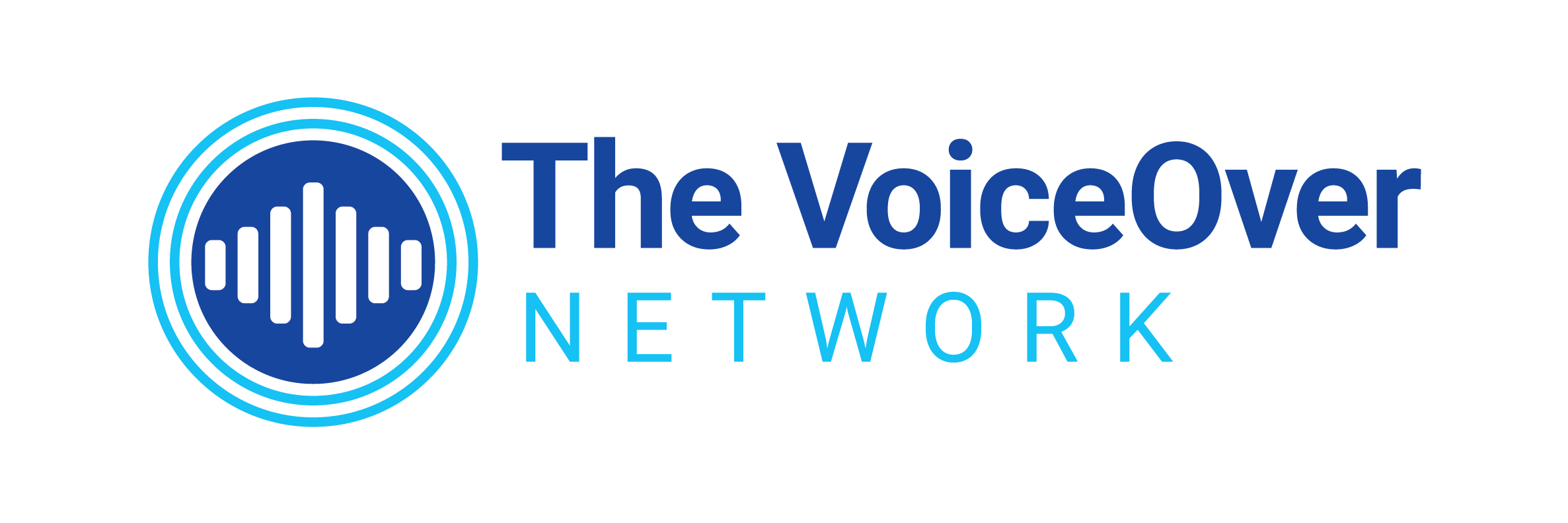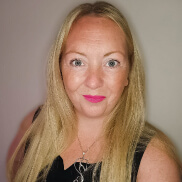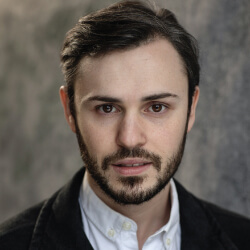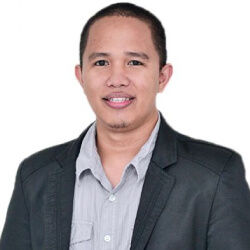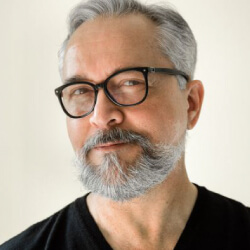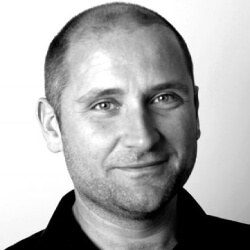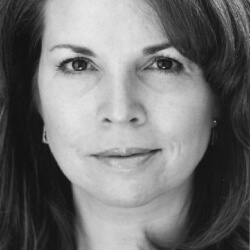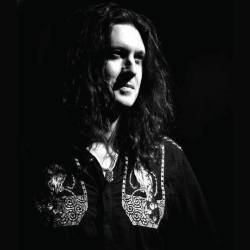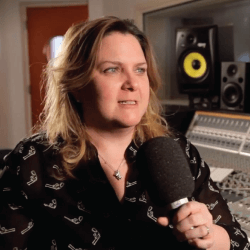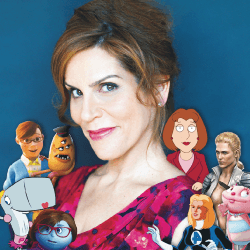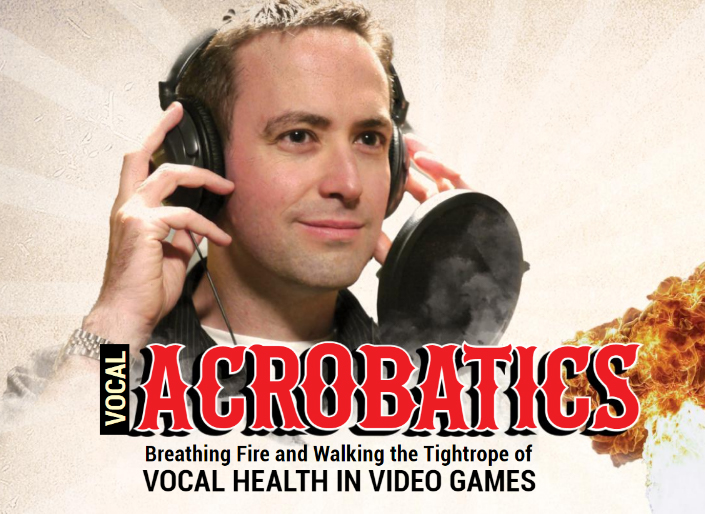
“…before you run off and join this circus, make sure you
do a little work on your acrobatic skills.
The video game industry is growing exponentially and shows no signs of slowing down. But before you run off and join this circus, make sure you do a little work on your acrobatic skills. Working in video games means you need to be a vocal acrobat who can sound like they have been set on fire, but survive to come back the next day. By now most people know that voice acting for video games can be extremely demanding and can leave actors bleeding. Most actors have no idea what being shot at should sound like, let alone how to create these sounds in a healthy way. I’ve sat in sessions where actors make it up on the spot, approach it emotionally (which is also mentally stressful), or hurt themselves, just to please the director.
The Screen Actors Guild – American Federation of Television and Radio Artists (SAG-AFTRA) had a strike about this issue three years ago and now stipulates that sessions including these extremes can only occur for two hours at a time. Still, two hours of screaming like you are on fire, thrown out of a plane, being electrocuted, or dying in poisonous gas is vocally stressful. Even though the sessions are shorter now, the number of lines recorded is intense. Most sessions record about 90-120 lines an hour. Actors will sometimes get the script a day before, but sometimes they don’t see it until they are in the booth, so there is no time to prepare or know what you are walking into.
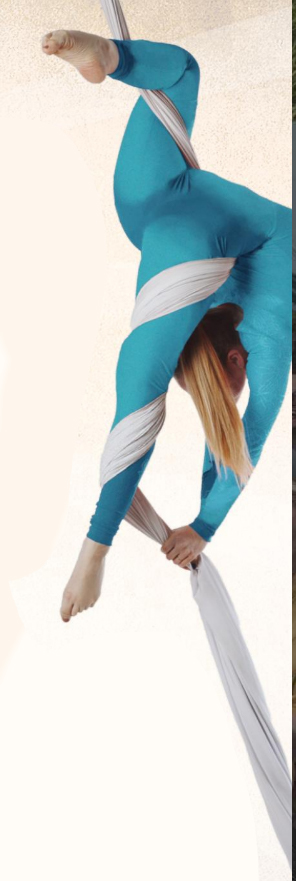
Five years ago I was teaching a class at Rapier Wit, a combat school in Toronto, Canada, after Daniel Levinson was kind enough to give me a space to work. I was approached by Ivan Sherry, John Nelles, and later Kim Hurdon, who wanted to know if this voice work could be used to help video game actors. While I was already training actors to do vocally extreme work, this was next level. The challenge was not only being able to create these sounds in the healthiest way possible, but make sure they were extreme, believable and that the actor could sustain their voice through the two hour session – and then recover well enough to record the next day. With the help of Kim Hurdon (Kim Hurdon Casting) and Katelyn Reid (SLPUC Health) I created a methodology called Vocal Combat Technique to help actors create these sounds. We then tested the technique and found it reduced fatigue by 50% and improved recovery time by 60%. They could metaphorically “breathe fire” and come back the next day.
“When should you see a doctor? Most people find that their voice returns to normal after 48-72hrs. Doctors say to see an ENT specialist if you are hoarse after a recording session and that hoarseness persists for two to three weeks.
With the help of Kim Hurdon (Kim Hurdon Casting) and Katelyn Reid (SLPUC Health) I created a methodology called Vocal Combat Technique to help actors create these sounds. We then tested the technique and found it reduced fatigue by 50% and improved recovery time by 60%. They could metaphorically “breathe fire” and come back the next day. If you haven’t been able to train with someone in vocal combat or voice for video games, here are some top tips to help you to stay healthy before entering the big top tent.
- Get and stay hydrated. It can take anywhere from one to four hours to hydrate your vocal folds so make sure you are hydrated before and during the session. The folds are not a muscle, they are a membrane and the mucosa that covers them protects them. Drink water during the session.
- Ask for a break. Most directors/ designers would rather you take a five minute break to rest and come back than have you keep pushing through and have to cancel the session. If you need a break, ask for one.
- Guide the session. You can ask to have more extreme lines come later, especially if they don’t involve words.
- Warm up and rest afterwards. Make sure you vocally warm up before the session and take time to cool down and have time for vocal rest afterwards.
- Prepare for the session by doing your homework. If you are a video game player you will have an idea of what it sounds like when you get shot, if you don’t play video games, that’s fine, but listen to some game play.
“The power and exhilaration of screaming and shouting can be thrilling: just like walking a tightrope. Make sure you have trained for the moment and have a safety net, because this circus isn’t for everyone!
When should you see a doctor? Most people find that their voice returns to normal after 48-72hrs. Doctors say to see an ENT specialist if you are hoarse after a recording session and that hoarseness persists for two to three weeks. The power and exhilaration of screaming and shouting can be thrilling: just like walking a tightrope. Make sure you have trained for the moment and have a safety net, because this circus isn’t for everyone!
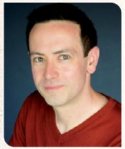
D’Arcy Smith
Vocal Coach & Voice Actor
